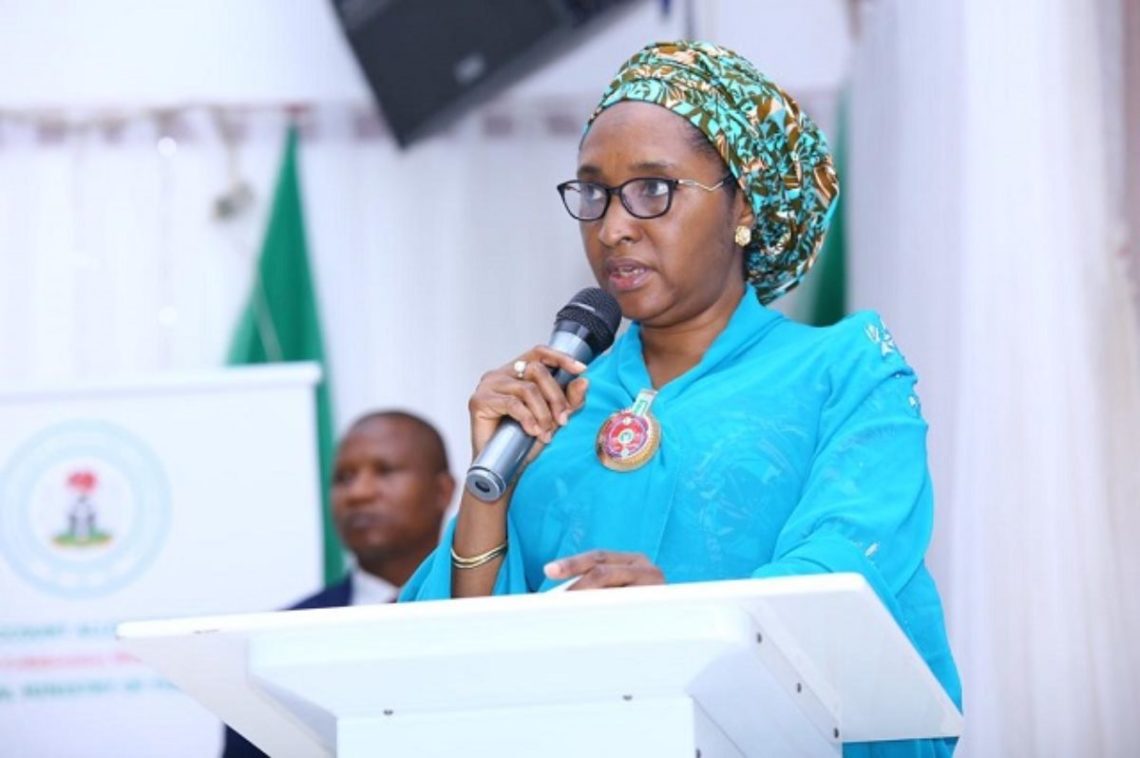The federal government has been urged to totally end the daily petroleum subsidy payment of N18.69 billion by investing on productive sectors of the economy.
Head of Department of Economics, Olabisi Onabanjo University, (OOU) Prof. Sherifdeen Tella, who made this appeal yesterday in Lagos, said petrol subsidy payment should be discontinued because it was being spent on consumables.
“The policy should be discontinued and the N18 billion expended on daily subsidy payment could be allocated to critical sectors of the economy.
“The scheme in recent times has been froth with corruption and the 64 million litres of petrol claimed to be consumed by Nigerians on daily bases is unbelievable,” Tella said.
He said the concern of the federal government should be on how to use the subsidy payment to fix all refineries and ensure they begin to operate at optimal levels.
“Also, the authorities should give more incentives to private sectors to establish more modular refineries and boost the domestic capacity.
“So, the country can meet its refined petrol needs and commence exporting in the future,” he said.
Also, the former executive secretary, Chartered Institute of Bankers of Nigeria, (CIBN), Dr Uju Ogubunka, canvassed that ending the petroleum subsidy payment would stop racketeering.
“Bringing an end to the subsidy payment will stop this unnecessary increase of litres of petrol consumed fraudulently on yearly bases by some Nigerians.
“The subsidy payment has worsened our fiscal positions and depriving other sectors allocations that will spur growth,” Ogubunka said, noting that the federal government should put in measures to ameliorate the headwinds associated with total removal of petroleum subsidy.
“Particularly in the hinterland where the majority and the most vulnerable people will receive knocks from the effect.
“The policy could be effectively implemented through economic support groups at the sub national levels of government across the country,” Ogubunka said.
President of Standard Shareholders Association of Nigeria (SSAN), Mr Godwin Anono, also agreed that the federal government should totally remove the subsidy payment and rechannel it to key infrastructural development.
“Key infrastructure such as regular electricity, could be given more emphasis, to accelerate the quest for industrialisation, while the railway transport across the country should be completed to address the challenges of logistics particularly for businesses,” Anono said.
He further argued that the total removal of the subsidy might come with some challenges associated with cost, but the benefits to the general economy surpasses them all.
Minister of finance and national planning, Zainab Ahmed, said that Nigeria spends N18.69 billion daily on petroleum subsidies.
She said this when she appeared before the House of Representatives Ad hoc Committee investigating oil subsidies.
The minister claimed Nigeria consumes 64 million litres per day and that the figure could have been influenced by smuggling.
She stated that the president alone cannot take the decision to remove subsidy, insisting that there must be a multi-stakeholder approach, including all political parties, who must sit to make the decision.





